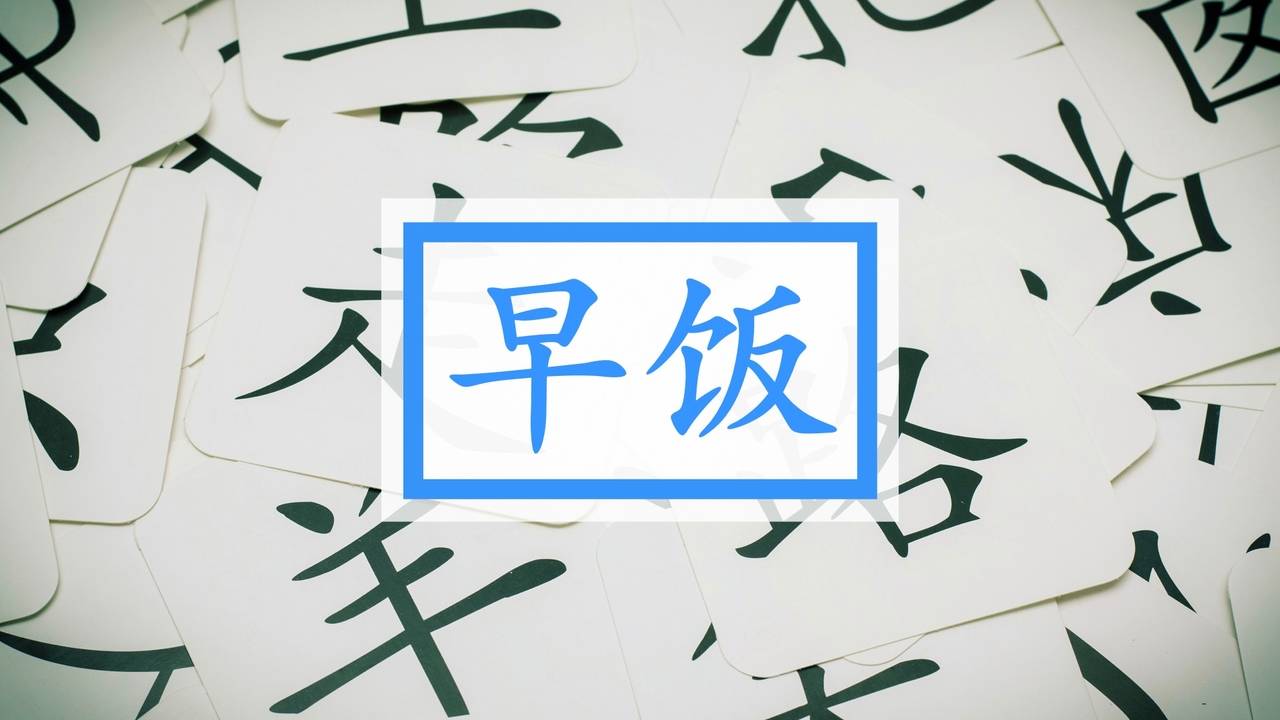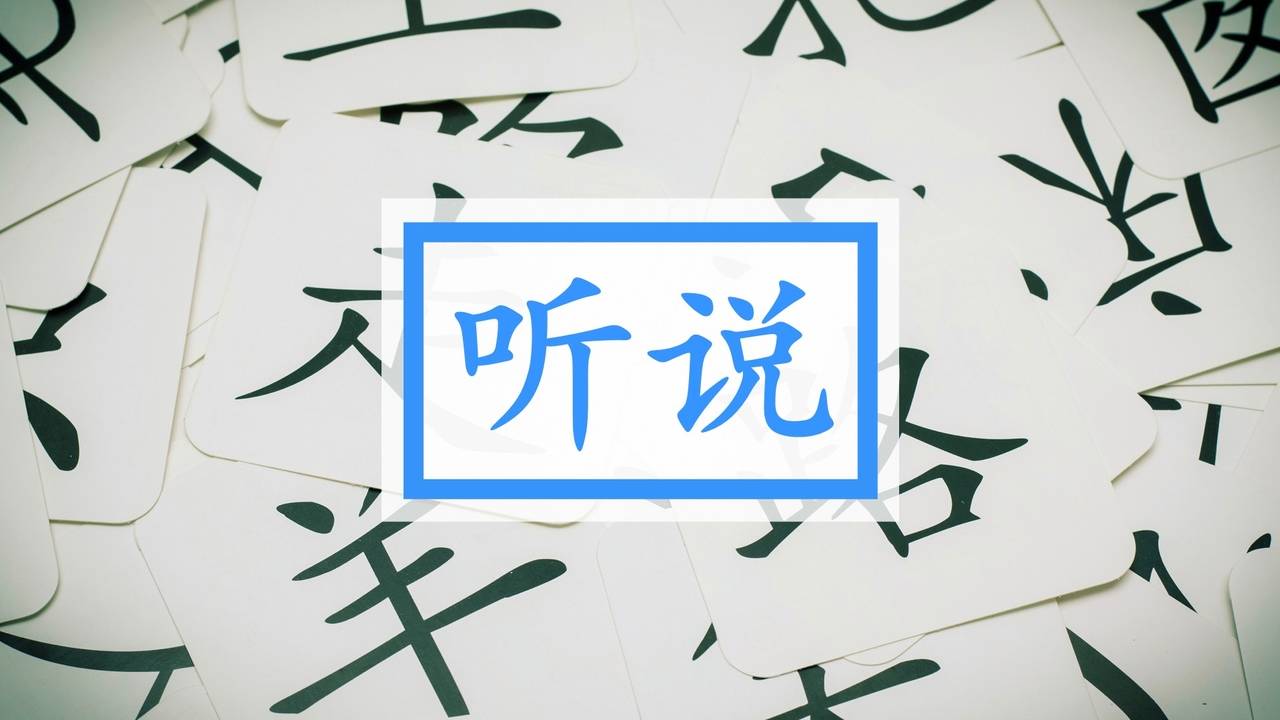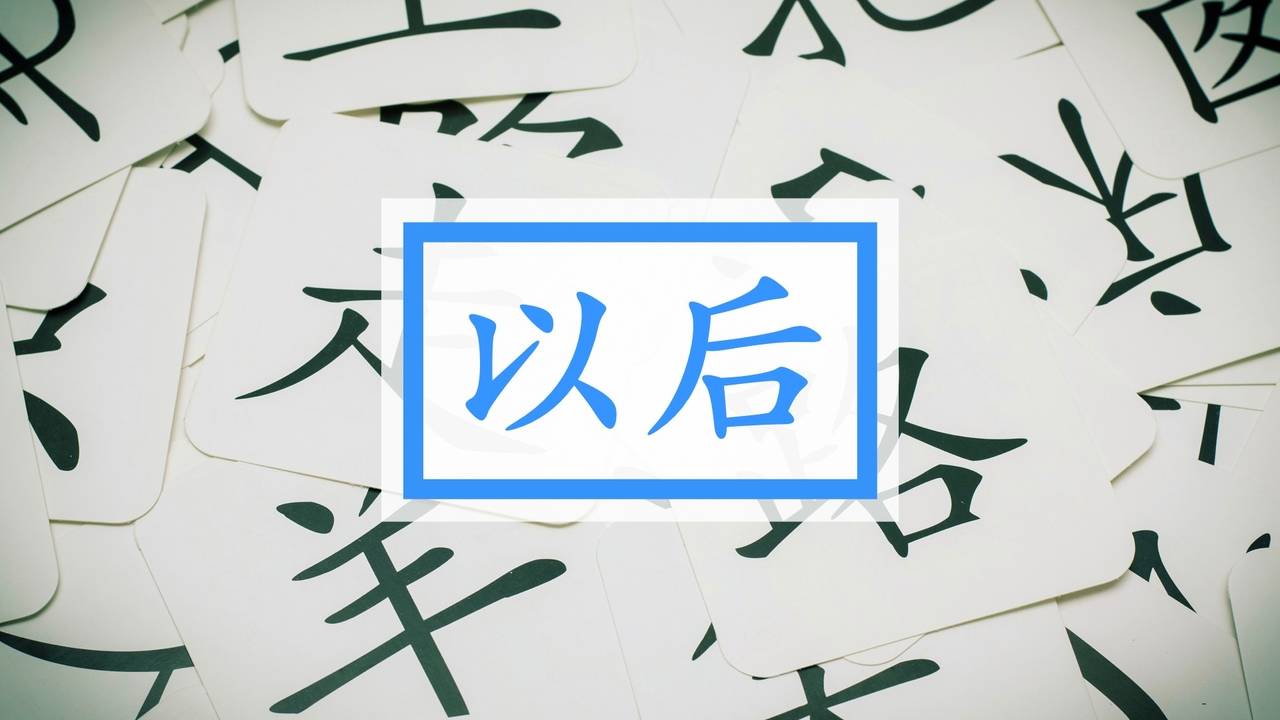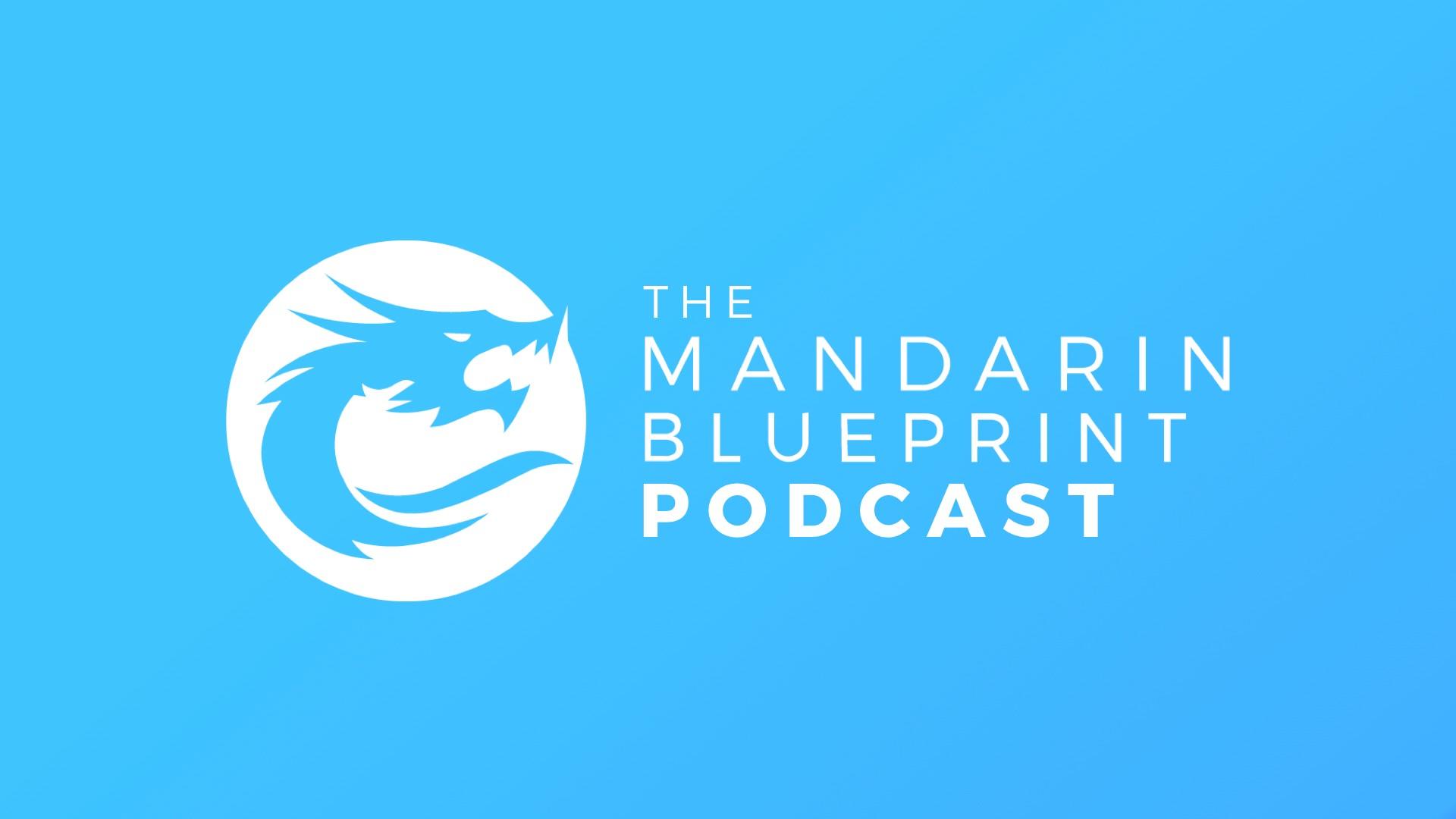
Level 23 - Vocab in Context
43 Lessons
1

某个 in Context
2

某些 in Context
3

其他 in Context
4

讨厌 in Context
5

斤 in Context
6

公斤 in Context
7

听 in Context
8

BONUS: Helper - Expressing That an Action Has Happened Before with 过
9

好听 in Context
10

听力 in Context
11

听见 in Context
12

听话 in Context
13

听说 in Context
14

近 in Context
15

最近 in Context
16

后 in Context
17

以后 in Context
18

然后 in Context
19

后来 in Context
20

最后 in Context
21

BONUS: Helper - Turning Adjectives into Adverbs with 地
22

后天 in Context
23

后面 in Context
24

后边 in Context
25

厚 in Context
26

反正 in Context
27

相反 in Context
28

BONUS: “How Does What" - Adverbs Expressing Tone of Voice
29

米饭 in Context
30

早饭 in Context
31

午饭 in Context
32

吃饭 in Context
33

吃饱 in Context
34

饿 in Context
35

员工 in Context
36

工人 in Context
37

江 in Context
38

左边 in Context
39

左右 in Context
40

右边 in Context
41

差 in Context
42

差不多 in Context
43

差点儿 in Context
Next Character
早饭 in Context
CONGRATULATIONS!
A NEW WORD HAS BEEN UNLOCKED
早饭
Usage 1 - "breakfast":
Sentence:
早上好,你吃早饭了么?
English:
Good morning, have you eaten breakfast?
Sentence:
你早饭吃了什么?
English:
What did you eat for breakfast?
Sentence:
我的早饭是牛奶和面包.
English:
My breakfast is milk and bread.
Top-Down Words:
牛奶 niúnǎi - milk
*Sentence:
早饭最好在早上8点左右吃。
English:
Breakfast is best eaten around eight in the morning.
Top-Down Words:
左右 zuǒyòu - approximately, around
*Sentence:
不管吃不吃晚饭,反正早饭一定要吃好,这样,身体才能好。
English:
Regardless of whether you eat dinner or not, be sure to have a good breakfast. Only then can you be healthy.
Top-Down Words:
不管 bùguǎn - no matter
晚饭 wǎnfàn - dinner
Need a Reminder?
The Six Steps to Learning Words





Jason Pon
早上好,你吃早饭了么
Why is 么 used to pose the interrogative here? Shouldn't it be 妈?
Mandarin Blueprint
么 & 吗 are interchangeable, but 么 is SUPER spoken. It's a natural result of lazy speech patterns, haha.
MB Team
This is where Luke and Phil talked about your question in the Mandarin Blueprint Podcast:https://www.youtube.com/watch?v=_26ZdTpzcNs&t=615s
Melissa Niesen 😊🤝 倪茉莉
This kind of blows my mind! Both are so common and I've used them for so long, but I didn't realize 么 could be used like this. I guess it's a little hard to hear the difference, though. Would you say this is more spoken than written?
Mandarin Blueprint
Yes, definitely more colloquial.